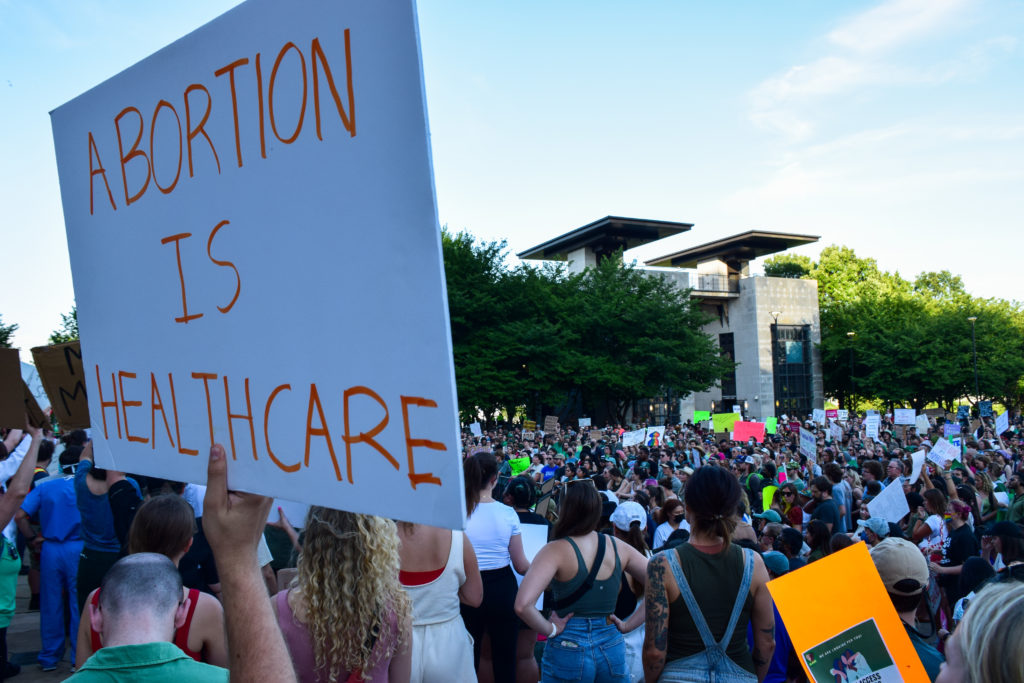
Hannah never thought she’d get an abortion.
“I thought that if I did all the right things and was careful and acted responsible, I would never have to make the decision myself,” she says.
WPLN is not using her last name to protect her privacy.
But, after protection failed, Hannah realized she was pregnant. She didn’t want to have a baby, but she also lives in Tennessee — home to one of the most restrictive abortions bans in the country.
“I took about three weeks to decide,” Hannah says. “So I ended up traveling out of state my seventh week and getting an abortion, a medical abortion.”
She took multiple days off work and paid for gas to drive the hundreds of miles to Virginia. Then, she handed over more than $500 out of pocket for the abortion pill.
“I’m incredibly lucky I had those resources,” Hannah says, “and it really made me very aware of how privileged I was.”
When the Supreme Court overturned Roe v. Wade in June of last year, it triggered restrictive abortion bans across Southern states. It made the rising price tag of seeking an abortion the new reality. People are faced with the costs of time off work, childcare and traveling across state lines.
But Robin Baldridge from Abortion Care for Tennessee says most Tennesseans don’t have the resources.
“Already, the cost of just accessing an abortion within the state of Tennessee was inaccessible for the majority of patients attempting to access it,” she says.
Her organization, which is Tennessee’s abortion fund, has had to pivot from giving grants to clinics within the state, to giving it to clinics in surrounding states — with the money earmarked for Tennessee residents.
“They can use our block grant for anything the patient needs,” Baldridge says. “Whether it’s also offering them a gas card to help get there or just anything associated with these mounting costs, now that Tennessee patients have to travel out of state for care.”
Since the U.S. Supreme Court decision, Baldridge estimates that Abortion Care for Tennessee has pumped hundreds of thousands of dollars into out-of-state clinics, and has helped over a thousand people.
But Tennessee’s abortion clinics are also taking on the costs of leaving by opening new clinics in neighboring states.
Jennifer Pepper is the CEO of CHOICES Center for Reproductive Health — a Memphis clinic that opened a new location just over the state line in Carbondale, Illinois.
She says once someone takes care of money and travel, there’s still the issue of being able to get an appointment.
“There are fewer clinics in the U.S., and there are still about the same number of patients needing to access care,” Pepper says. “And that is just a math problem that doesn’t work out in favor of patient access.”
Since the Illinois clinic opened in October, Pepper says bookings have poured in from Tennessee, Arkansas, Mississippi, and even as far away as Texas.
A version of this story originally aired on WPLN’s daily show, This is Nashville.

